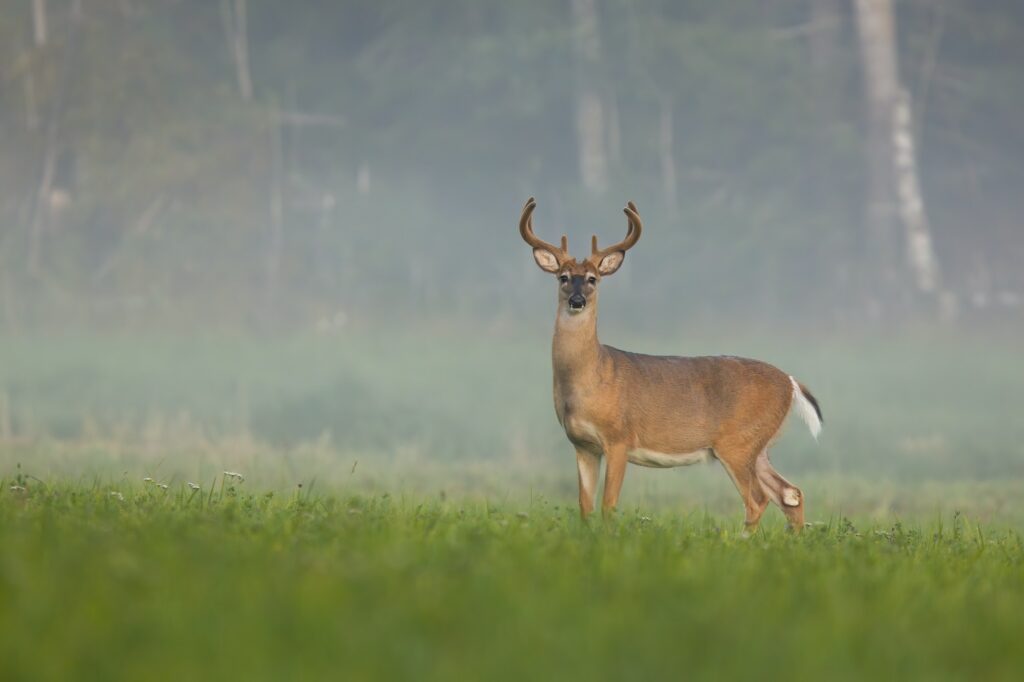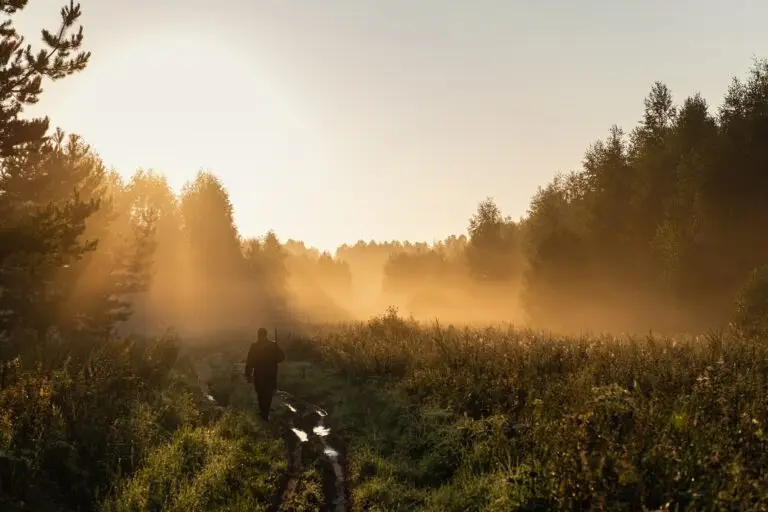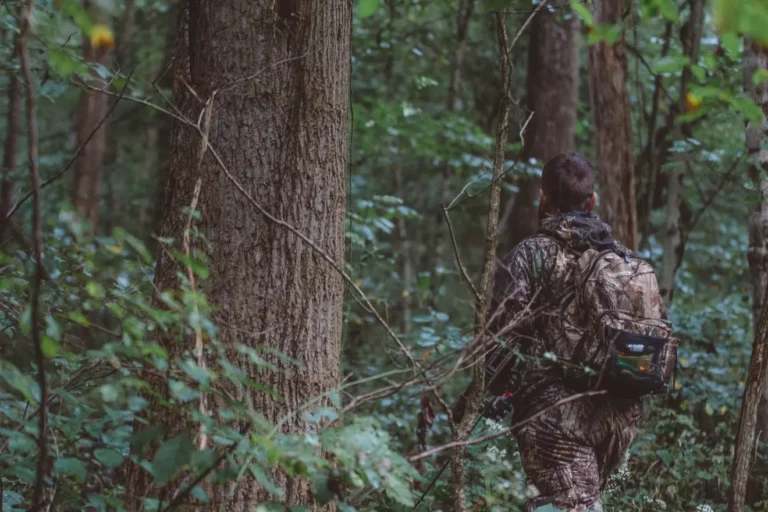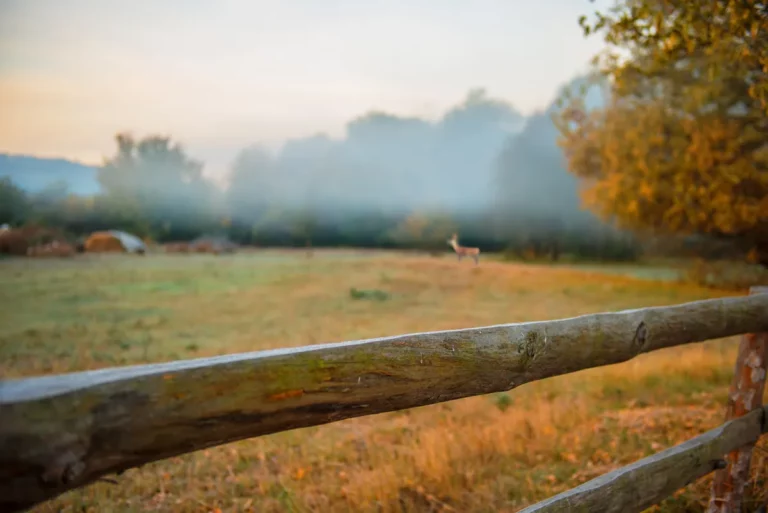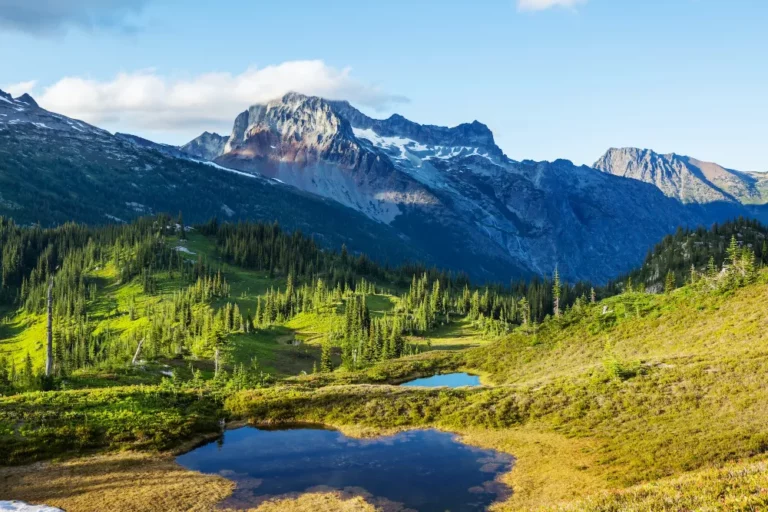Hunting in Virginia is a time-honored tradition that has been enjoyed by generations of outdoors
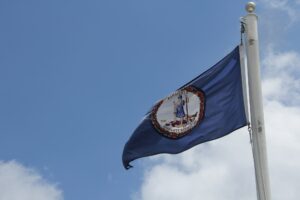
enthusiasts. From the majestic mountains in the west to the scenic coastlines in the east, Virginia’s diverse landscape offers a wide range of hunting opportunities for both novice and experienced hunters alike.
Table of Contents
With abundant game species, varying hunting seasons, and a multitude of public and private hunting lands, Virginia is truly a hunters’ paradise. Whether you’re chasing whitetail deer in the fall, stalking wild turkey in the spring, or pursuing waterfowl along the coast, Virginia has something to offer for everyone.
For many Virginians, hunting is more than just a hobby—it’s a way of life. From the early mornings spent in the woods to the camaraderie shared around the campfire, hunting is a time-honored tradition that brings Virginians together and connects them with nature.
But with so many hunting opportunities available in Virginia, it can be overwhelming for newcomers to know where to start. In this Virginia Hunting guide, we’ll help you navigate the regulations, know when the Virginia hunting season starts, and where the best spots to chase game is!
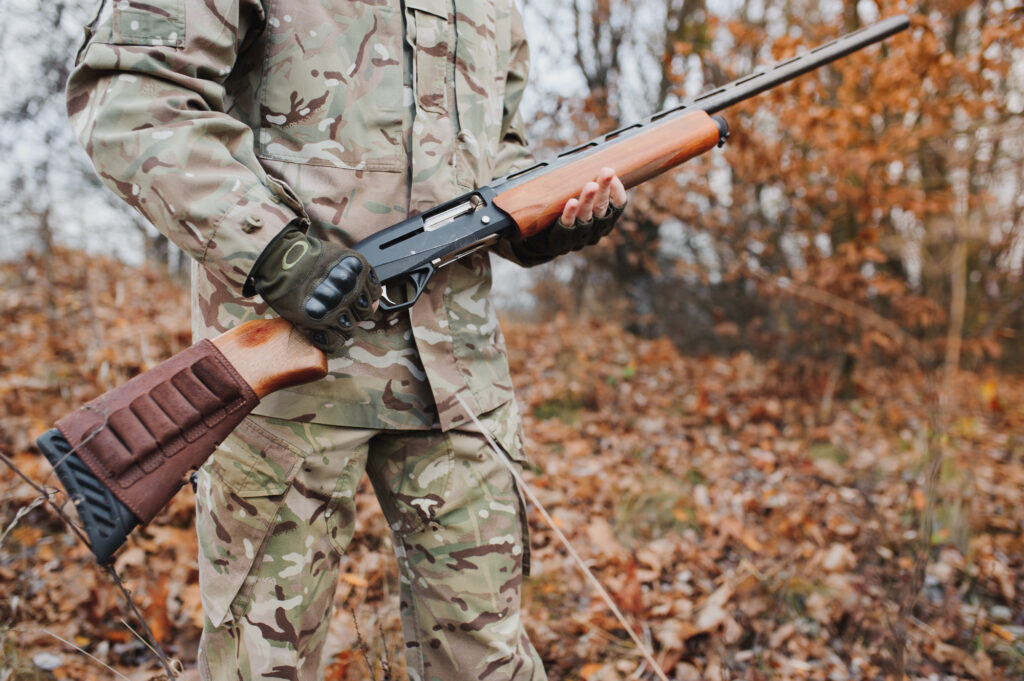
When is the Virginia Hunting Season
Hunting seasons in Virginia vary depending on the species being hunted, and what weapon you’re using. The dates for the 2023 season have yet to be released, but based on previous years, it should be very similar to the dates listed below.
Deer Hunting Seasons:
Archery Season: October 2 – November 12 and January 3 – January 29
Early Muzzleloader Season: November 6 – November 12
General Firearms Season: November 13 – January 1
Late Muzzleloader Season: January 3 – January 15
Bear Hunting Seasons:
Archery and Crossbow Season: October 2 – November 12 and January 3 – January 29
Firearms Season: October 30 – November 12
Turkey Hunting Seasons:
Fall Firearms Season: October 30 – November 12
Spring Gobbler Season: April 16 – May 14
Small Game Hunting Seasons:
Squirrel Season: September 4 – January 31
Rabbit Season: November 6 – February 28
Quail and Pheasant Season: November 6 – February 28
Crow Season: August 21 – March 19
Waterfowl Hunting Seasons:
Early Resident Canada Goose Season: September 1 – September 25
Youth Waterfowl Hunting Day: November 6
Regular Waterfowl Season: November 20 – January 29
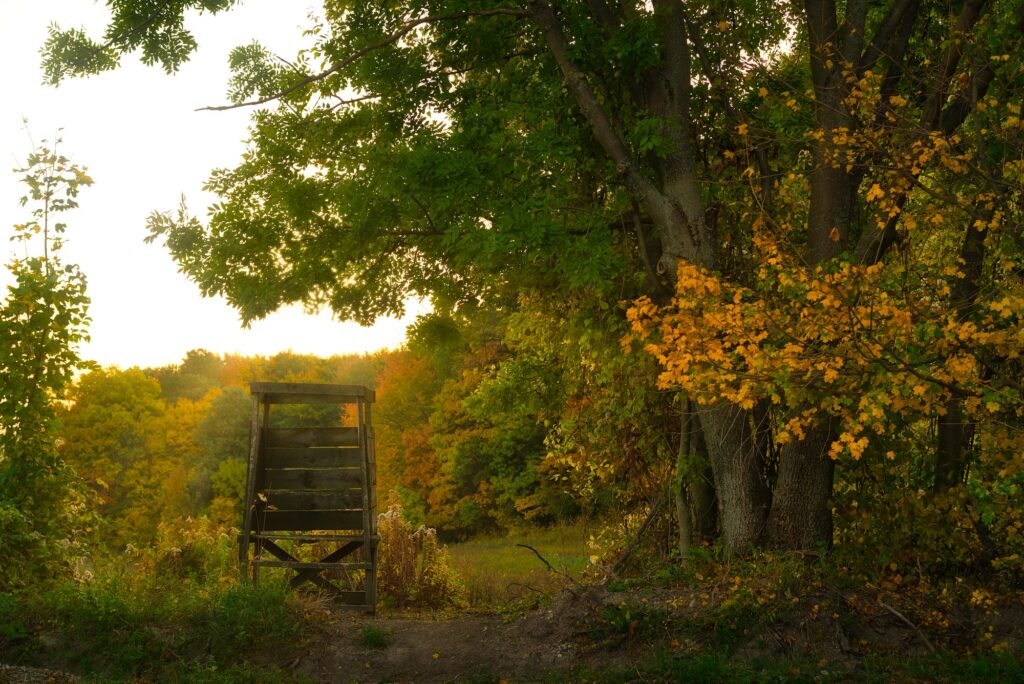
Virginia Hunting License Information
In order to hunt legally in Virginia, you must first obtain a hunting license. The Virginia Department of Wildlife Resources (DWR) issues hunting licenses for a variety of game species, including deer, bear, turkey, and small game.
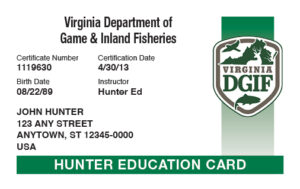
Who needs a license?
To partake in any form of Virginia hunting, you will need an official, updated and valid hunting license, regardless of landownership and experience.
How much is a license?
Virginia Hunting licenses vary in cost depending on your age, residence status, and what game you plan to hunt. Please see the overview of prices for the various licenses below.
Resident Licenses:
Basic Hunting License: $23
Junior Hunting License (ages 12-15): $18
Apprentice Hunting License: $23
Senior Hunting License (age 65 and up): $18
Disability Hunting License: Free
Non-Resident Licenses:
Basic Hunting License: $130
3-Day Non-Resident Hunting License: $31
10-Day Non-Resident Hunting License: $46
Additional Licenses and Permits:
Bear License (Resident): $23
Bear License (Non-Resident): $200
Deer License (Resident): $23
Deer License (Non-Resident): $125
Turkey License (Resident): $23
Turkey License (Non-Resident): $100
Migratory Waterfowl Conservation Stamp: $17
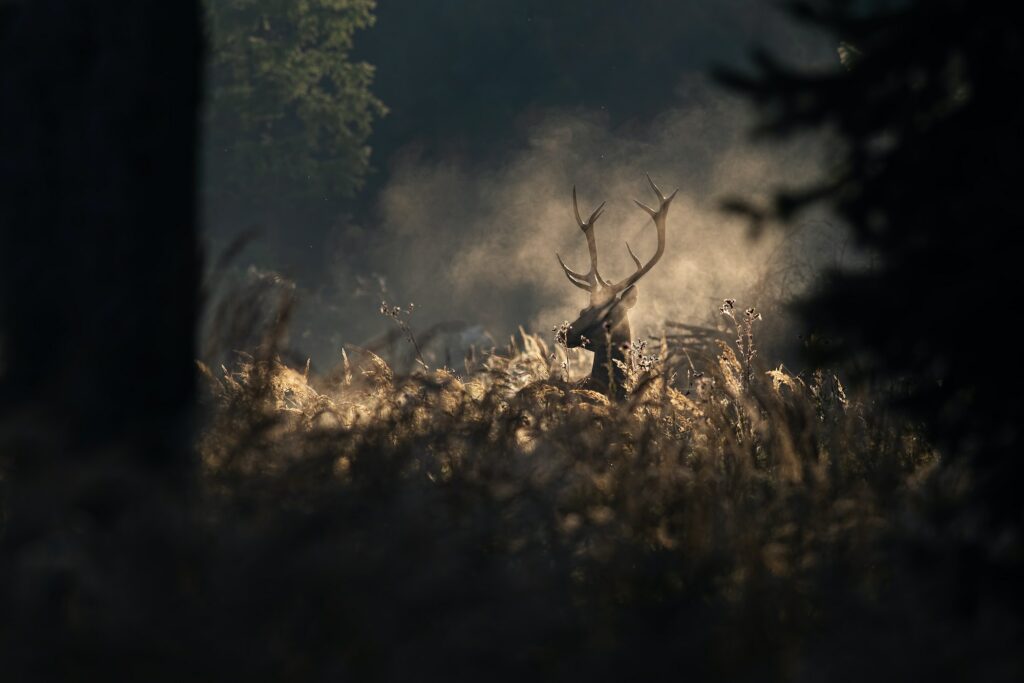
How do I get a license?
There are many ways to purchase a Virginia hunting license. No matter where or how you obtain it, the license will cost the same and have the same ffect, and the different ways of purchasing a license is purely based on your own prference.
Online
You can purchase a Virginia hunting license online through the Virginia Department of Wildlife Resources website. Simply create an account, select the type of license you need, and pay with a credit or debit card. Your license will be available for immediate use (and can be printed at home!).
In-person
You can purchase a Virginia hunting license in person at authorized retailers such as sporting goods stores or DWR offices. Simply bring your identification and payment method (cash, check, or credit/debit card) to the location and request the type of license you need. To see where your closest authorized licensed retail dealer is, you can use the Virginia Hunting Agent search tool.
By phone
Another option is to purchase a Virginia hunting license by phone. Call the Virginia Department of Wildlife Resources at 1-866-721-6911 and follow the prompts to purchase a license using a credit or debit card.
By mail
If you prefer to purchase a Virginia hunting license by mail, you can download and print a license application from the Virginia Department of Wildlife Resources website. Complete the application, enclose payment in the form of a check or money order, and mail the application to the address listed on the form.

Hunting Regulations Guide
The VDWR publishes an annual hunting regulations guide that provides detailed information about hunting seasons, bag limits, and other important regulations.
The History of Virginia Hunting
The history of hunting in Virginia dates back to the earliest Native American tribes who lived off the land by hunting game such as deer, elk, and bison. When European settlers arrived in Virginia in the early 17th century, they brought with them a new hunting culture that was heavily influenced by English traditions.
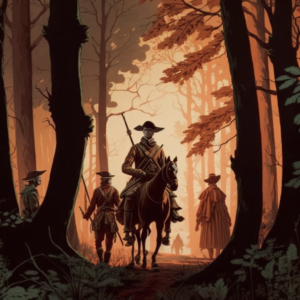
In colonial Virginia, hunting was an important part of life for both settlers and Native Americans. It provided a source of food and helped control populations of potentially dangerous wildlife. The Virginia Company of London, which funded the colony, even offered incentives for settlers who hunted game and sent furs back to England (damn Brits
(sorry).
(not sorry)
As the colony grew and expanded westward, hunting became even more important. Settlers relied on game such as deer, bear, and turkey to survive in the wilderness. They also used hunting as a means of socializing and forming bonds with their fellow settlers.
Hunting clubs and organized hunts became popular in the 18th and 19th centuries, with wealthy landowners competing to see who could bag the biggest game.
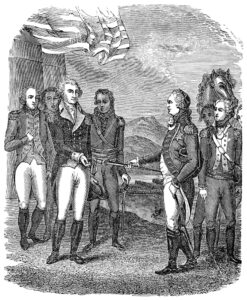
In the early 20th century, Virginia’s wildlife populations were in decline due to overhunting and habitat loss. To address this issue, the state government established the Virginia Department of Game and Inland Fisheries (now the Virginia Department of Wildlife Resources) in 1916.
The department worked to conserve and restore wildlife populations, while also regulating hunting to ensure sustainable use of the state’s natural resources.
Today, hunting remains a beloved pastime in Virginia, with thousands of hunters taking to the woods each year to pursue game such as whitetail deer, black bear, wild turkey, and waterfowl. The state’s rich hunting history and diverse wildlife populations continue to draw hunters from across the country, making Virginia a true hunting paradise!
Best Places to Hunt in Virginia
Virginia is blessed with beautiful parks and forests, offering spectacular views and hunting environments. Depending on your preference for climate and wildlife, different areas of the state might suit you better. Below are some of our favorite hunting spots in this gorgeous state!
George Washington and Jefferson National Forests
These vast forests cover over 1.8 million acres in Virginia and offer excellent hunting opportunities for deer, bear, turkey, and small game. The forests are characterized by rolling hills, dense hardwood forests, and open fields, with plenty of water sources such as creeks and rivers that are excellent for dressing and cleaning game (and to drink from too, I guess).
Shenandoah National Park
This national park covers over 200,000 acres in the Blue Ridge Mountains of Virginia and offers hunting opportunities for deer, bear, and turkey. The park features rugged, mountainous terrain with dense forests, rocky outcroppings, and abundant wildlife.
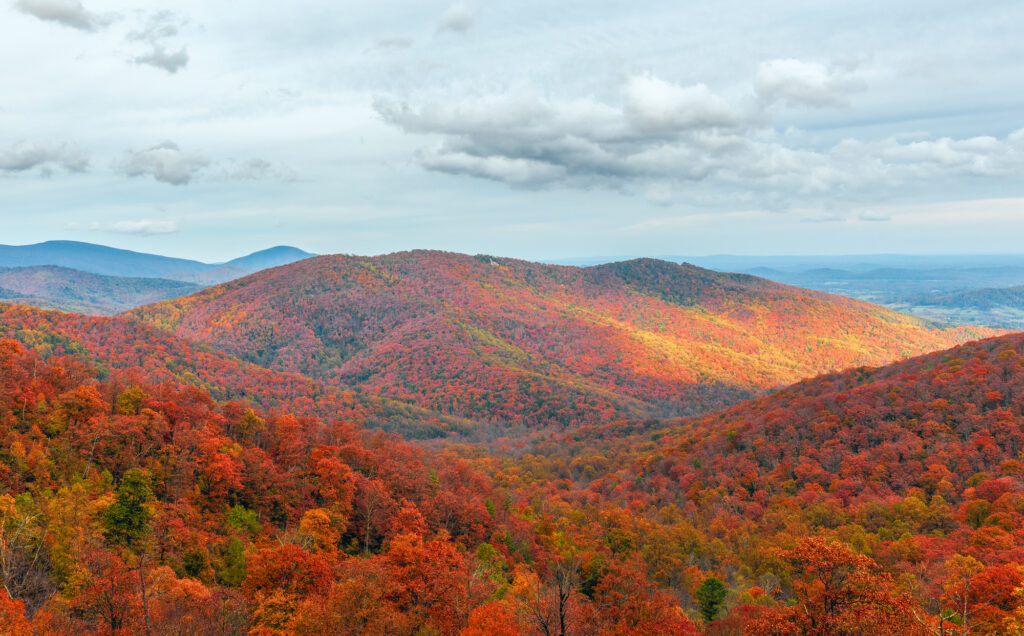
Cavalier Wildlife Management Area
Located in central Virginia, this wildlife management area offers hunting opportunities for deer, turkey, small game, and waterfowl. The area includes a mix of hardwood forests, fields, and wetlands, with several ponds and creeks. Compared to a lot of other places, Cavalier really feels alive.
Chickahominy Wildlife Management Area
This wildlife management area is situated along the Chickahominy River in eastern Virginia and offers hunting opportunities for deer, turkey, waterfowl, and small game. The area includes a mix of wooded uplands and low-lying wetlands, with several creeks and small ponds.
Mason Neck National Wildlife Refuge
This wildlife refuge is located along the Potomac River in northern Virginia and offers hunting opportunities for deer, turkey, and waterfowl. The refuge features a mix of forested uplands, marshes, and tidal wetlands, with several creeks and a large reservoir.
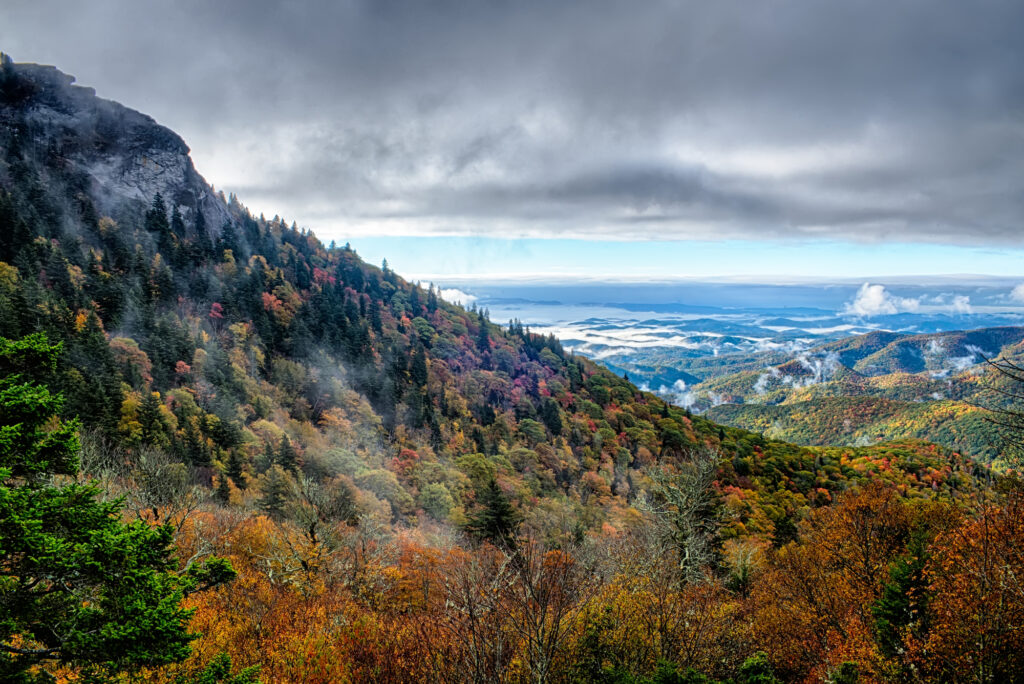
Why Virginia Hunting?
Virgnia Hunting is an activity that offers a unique opportunity to experience the natural beauty of the state while participating in important conservation efforts.
The diversity of hunting opportunities in Virginia, from the rolling hills of the George Washington and Jefferson National Forests to the rugged mountains of Shenandoah National Park, offers hunters a range of experiences and challenges.
Whether hunting deer, bear, turkey, waterfowl, or small game, hunters in Virginia play a vital role in preserving wildlife populations for future generations. Beyond the ecological benefits of hunting, it also offers a sense of camaraderie and shared experience among hunters.
When I think of Virginia, I always think of my old buddy Greg. He was a Virginia native, wonderful storyteller and wonderful hunter. He probably knows every nook and cranny of the Virginia wilds, and, always told his turkey hunting stories.
His first hunt was back in the mid 60’s, with an older friend of his. As him and his hunting partner made their way through the forest one day, after consuming a bit too much whiskey (considering it was 8am, and he was 16) they suddenly heard a loud gobble.
Greg’s buddy motioned for him to take cover behind a nearby tree and used his turkey call to lure the bird towards them, all while remaining perfectly still and silent. Greg described it was a moment of pure adrenaline and excitement, heightened by the impressive amount of Jack Daniels in his blood, and when the bird finally came into view, Greg’s hunting partner made the shot so fast and accurate that he barely caught what happened.
Greg tells the story much better than I do, but I can always sense the wonder and excitement he feels whenever he tells it. This is all made better by the fact that he can’t remember what happened after, as he blacked out.
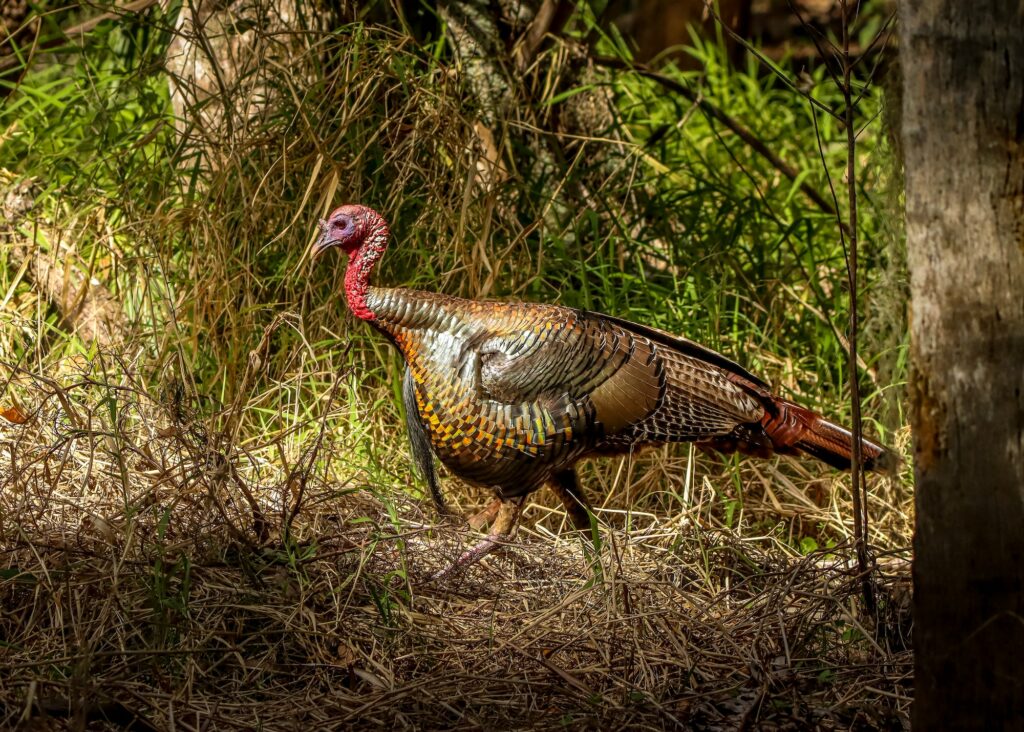
Stories like this one are what make hunting such a beloved pastime for so many Virginians, who hopefully practice safer hunting and stay away from the flask while handling a rifle. Beyond the thrill of the hunt, Virginia hunting offers an opportunity to connect with the natural world and participate in a time-honored tradition that has been part of Virginia’s cultural heritage for generations.
By continuing to support conservation efforts, following hunting regulations, and practicing ethical hunting practices, hunters can ensure that this cherished pastime remains a vital part of Virginia’s landscape for years to come. If you’re close-by or have ever considered bringing your rifle to the Virginia wilds, we cannot recommend it enough.
Happy hunting!
Looking for information on hunting in other states? Check out our other state guides here.
